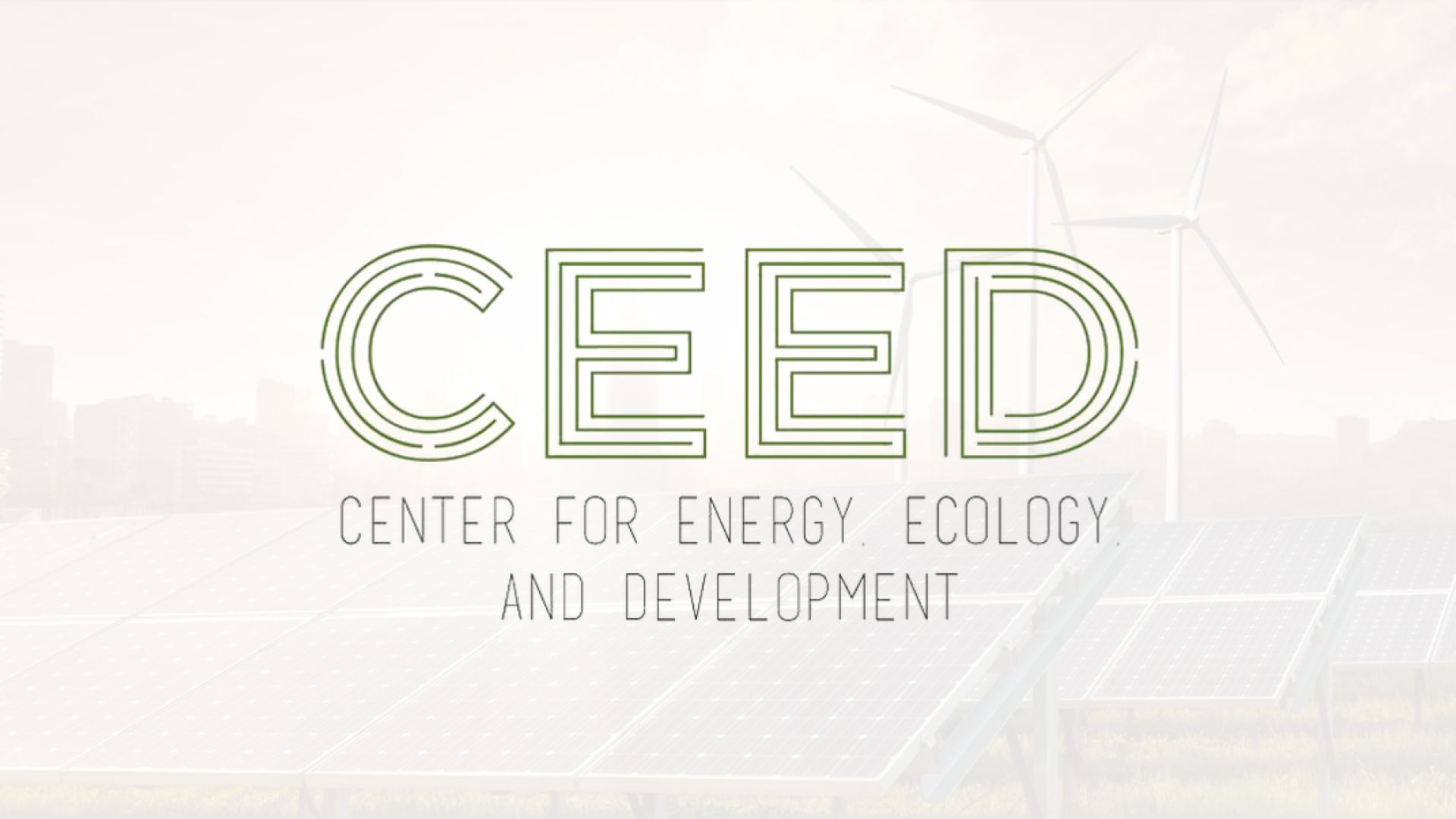CEED calls for urgent action as Philippines faces climate policy deadline
- February 14, 2025
- 0

The Philippine government must take urgent steps to reduce greenhouse gas emissions as the deadline for updating its Nationally Determined Contribution (NDC) under the Paris Agreement looms, a sustainability think tank said.
“Last year’s Finance COP (Conference of Parties) indeed failed to deliver the ambitious climate finance needed by vulnerable and developing countries like the Philippines to enable climate mitigation and adaptation at the speed and scale the climate crisis requires,” said the Center for Energy, Ecology, and Development (CEED) Executive Director Gerry Arances.
CEED called on the country’s leaders to increase their climate ambitions and commit to meaningful emission cuts in their upcoming NDC submission.
Under the Paris Agreement, countries must update their NDCs every five years to reflect stronger commitments to curbing climate change. As of the February 10 deadline, only 13 out of 195 parties had submitted their updated pledges.
CEED Executive Director Gerry Arances stressed that while the recent COP29 climate summit failed to deliver sufficient climate financing for developing nations like the Philippines, this should not be an excuse for inaction.
The urgency of reducing emissions comes as scientists confirm that 2024 is the first full calendar year to exceed the 1.5°C global warming threshold. Experts warn that unless immediate and stringent action is taken, the Paris Agreement’s goal of limiting warming to 1.5°C may become unattainable.
Arances emphasized that the Philippines is already experiencing severe climate impacts, including deadly typhoons, flooding, food insecurity, and extreme heat. He warned that surpassing the 1.5°C limit would be catastrophic for vulnerable communities.
UN Climate Change Executive Director Simon Stiell has urged all countries to submit stronger NDCs by September 2025, underscoring the importance of ambitious climate policies.
CEED highlighted that the Philippines has the potential to transition away from fossil fuels, citing a 2023 report by Climate Analytics. The study found that both coal and gas could be phased out by 2040, given the country’s abundant renewable energy resources.
Filipinos can play a role in pushing for stronger climate action by staying informed and urging policymakers to prioritize emission reduction efforts before it’s too late.